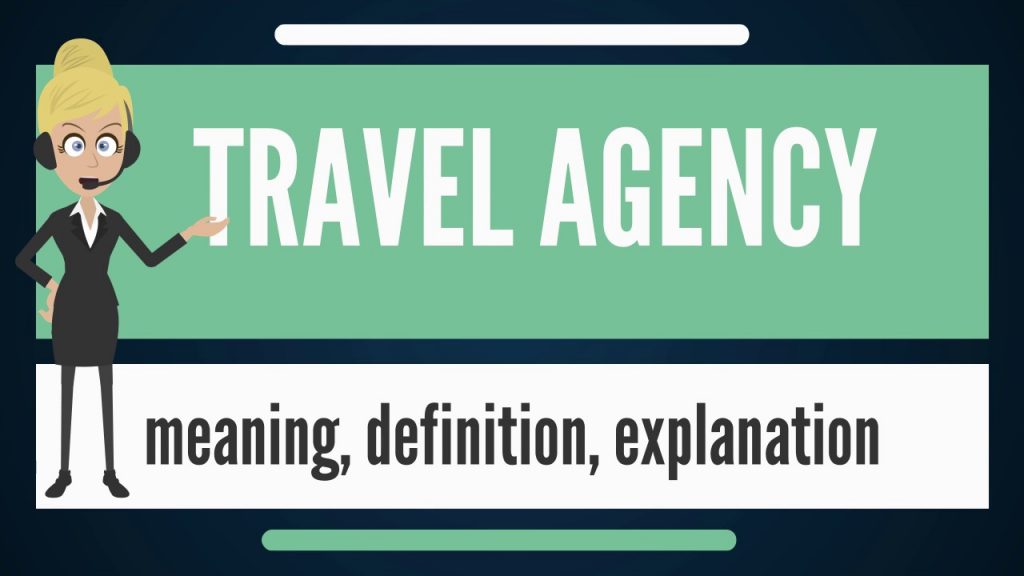✪✪✪✪✪ http://www.theaudiopedia.com ✪✪✪✪✪
✪✪✪✪✪ The Audiopedia Android application, INSTALL NOW – https://play.google.com/store/apps/details?id=com.wTheAudiopedia_8069473 ✪✪✪✪✪
What is TRAVEL AGENCY? What does TRAVEL AGENCY mean? TRAVEL AGENCY meaning – TRAVEL AGENCY definition – TRAVEL AGENCY explanation.
Source: Wikipedia.org article, adapted under https://creativecommons.org/licenses/by-sa/3.0/ license.
A travel agency is a private retailer or public service that provides travel and tourism related services to the public on behalf of suppliers such as activities, airlines, car rentals, cruise lines, hotels, railways, travel insurance, and package tours. In addition to dealing with ordinary tourists most travel agencies have a separate department devoted to making travel arrangements for business travelers and some travel agencies specialize in commercial and business travel only. There are also travel agencies that serve as general sales agents for foreign travel companies, allowing them to have offices in countries other than where their headquarters are located.
A travel agency’s main function is to act as an agent, selling travel products and services on behalf of a supplier. Consequently, unlike other retail businesses, they do not keep a stock in hand, unless they have pre-booked hotel rooms and/or cabins on a cruise ship for a group travel event such as a wedding, honeymoon, or a group event. A package holiday or a ticket is not purchased from a supplier unless a customer requests that purchase. The holiday or ticket is supplied to the agency at a discount. The profit is therefore the difference between the advertised price which the customer pays and the discounted price at which it is supplied to the agent. This is known as the commission. In many countries, all individuals or companies that sell tickets are required to be licensed as a travel agent.
In some countries, airlines have stopped giving commissions to travel agencies. Therefore, travel agencies are now forced to charge a percentage premium or a standard flat fee, per sale. However, some companies pay travel agencies a set percentage for selling their product. Major tour companies can afford to do this, because if they were to sell a thousand trips at a cheaper rate, they would still come out better than if they sold a hundred trips at a higher rate. This process benefits both parties. It is also cheaper to offer commissions to travel agents rather than engage in advertising and distribution campaigns without using agents.
Other commercial operations are undertaken, especially by the larger chains. These can include the sale of in-house insurance, travel guide books, and public transport timetables, car rentals, and the services of an on-site bureau de change, dealing in the most popular holiday currencies.
A travel agent is supposed to offer impartial travel advice to the customer, as well as coordinating travel details and assisting the customer in booking travel. However, this function almost disappeared with the mass market package holiday, and some agency chains seemed to develop a “holiday supermarket” concept, in which customers choose their holiday from brochures on racks and then book it from a counter. Again, a variety of social and economic changes have now contrived to bring this aspect to the fore once more, particularly with the advent of multiple, no-frills, low-cost airlines.
source


If they want to visit in the Philippines good for 5 days they need pasport or ticket only?
Dear,Do I need a invitation letter? please tell me what can I do?tell me please how can I got a invitation letter?
IS VIDEO HINDI ME BATAO
Couldn't understand… Srry
Poor explanation
🌴🌴🌴
PLS SUBSCRIBE, I AM PIANIST AND DJ
Thanks
you should have include some photos or anything to be more understandable
Your voice is not clear
And explaination is also worst